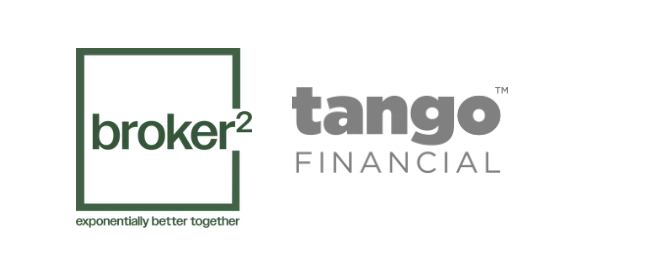EXPERT FOR LIFE
Your Mortgage Journey, Our Expertise Forever.
With a focus on trust, transparency, and excellence, our mission is to be the partner you can rely on for a lifetime of successful homeownership.
Finding the best mortgage can be frustrating. It doesn't have to be when you follow my 3 step plan.
Get started right away
The best place to start is to connect with me directly. My commitment is to listen to your needs,
assess your financial situation, provide professional mortgage advice, and
guide you through the mortgage process.
Get clarity
Sorting through all the different mortgage lenders, rates, terms, and features can be overwhelming.
Let me cut through the noise.
I'll outline the best mortgage products available with your needs in mind.
Proceed with confidence
My goal is to make sure you
know exactly where you stand at all times. From your initial application through your mortgage renewal, I'm available to answer any questions for as long as you need a mortgage.
I've got you covered.
Welcome! I'm Jeff Johnson, your trusted Canadian mortgage professional with a passion for helping clients secure the ideal financing since 1987. Based in the beautiful lower mainland of British Columbia, I believe in the power of personal connections and prefer meeting my clients face-to-face whenever possible.
Why Choose Me? - With over three decades in the industry, my experience is your advantage. I've navigated the ever-changing real estate market, providing clients like you with insights that go beyond simple mortgage transactions. I'm your lifelong mortgage advisor.
Personalized Service - I thrive on understanding your unique needs. By meeting in person, I ensure a personalized approach, answering all your questions and guiding you through a stress-free mortgage journey.
Your Comprehensive Partner - My goal is clear, to equip you with knowledge and confidence. I'm not just here for the transaction; I'm here to provide a comprehensive mortgage experience tailored to your goals.
Adding Value through Experience - Decades of experience mean I can anticipate challenges and spot opportunities, optimizing your mortgage process for maximum benefit.
Your Success, My Priority
Whether you're a first-time homebuyer or you've purchased dozens of homes, I'm committed to turning your next property dreams into reality. Let's embark on this journey together.
Complete the form below
and I'll reach out to you right away.
Contact Us
Everything you need,
all in one place
As a trusted mortgage provider, let me help you with these services.
Click through any of the services to learn more
Mortgage articles to keep you informed.






